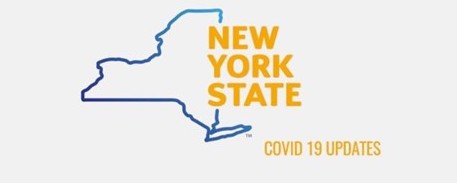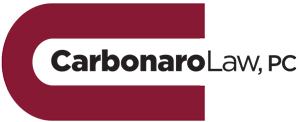The New York State legislature is considering whether to enact a new law that would nullify any employment agreement in which the employee waives his or her right to sue the employer due to negligent management of the Covid-19 pandemic.
What are your New York Coronavirus (COVID-19) Workplace Rights?
Enacting this law would mean that employers would not be shielded from liability by having employees sign waiver forms before they can return to work during the coronavirus. If you as an employee, are asked to sign a waiver of liability at this point- before the law is enacted, you may well waive your right to sue your employer for negligent management of the office in terms of Covid-19 protections. However, if the new law takes effect, those waivers would be null and void.
In other words, if you return to work in an office and your employer doesn’t provide you with a mask or other 
This New York State law is at odds with proposals being considered in the United States Senate that are supported by Majority Leader Mitch McConnell, who seeks to pass a law which would do just the opposite of the proposed New York law: insulate employers against liability from lawsuits by employees who contract Covid due to the negligence of their employer. McConnell has consistently said the next bill will include
"liability protections for businesses and for activities related to the novel coronavirus that would last through 2024. Unless you’re grossly negligent or intentionally engaged in harmful behavior, you shouldn’t have to be penalized by getting sued on top of everything else, so that’ll be in there, I guarantee it,” McConnell said.
The New York law is clearly at odds with what McConnell is contemplating. Under the New York law, employers would not be shielded from liability due to negligence in Covid protections, whereas McConnell’s idea would do just the opposite: insulate employers against liability except for gross negligence or intentional conduct, both of which are extremely difficult to prove.
Should both proposed laws be enacted, the concept of federal preemption would likely supersede or “trump” the New York law, essentially nullifying it. In other words, when a federal law clashes with a state law, the federal law generally serves to nullify the state law. Even though a state, with its own citizens’ interests in mind, pass a law, the federal government can nullify that law if it so chooses. There are many examples of this, but the idea is that the framers of the Constitution wanted to give the federal government “supremacy” over states. We are seeing that "supremacy" being exercised now in cities around the country where the federal government, against state and city officials, is sending in federal employees to "aid" in the protests.
If you have any questions about this article or feel that your employer has been less than careful in safeguarding you at your place of employment, feel free to call my office for a free phone consultation.

